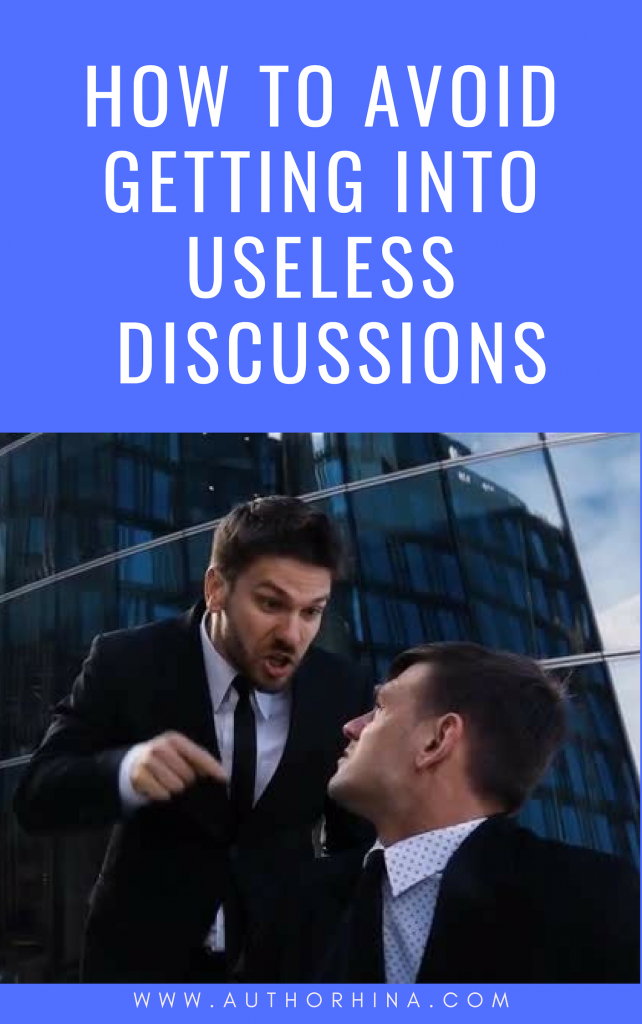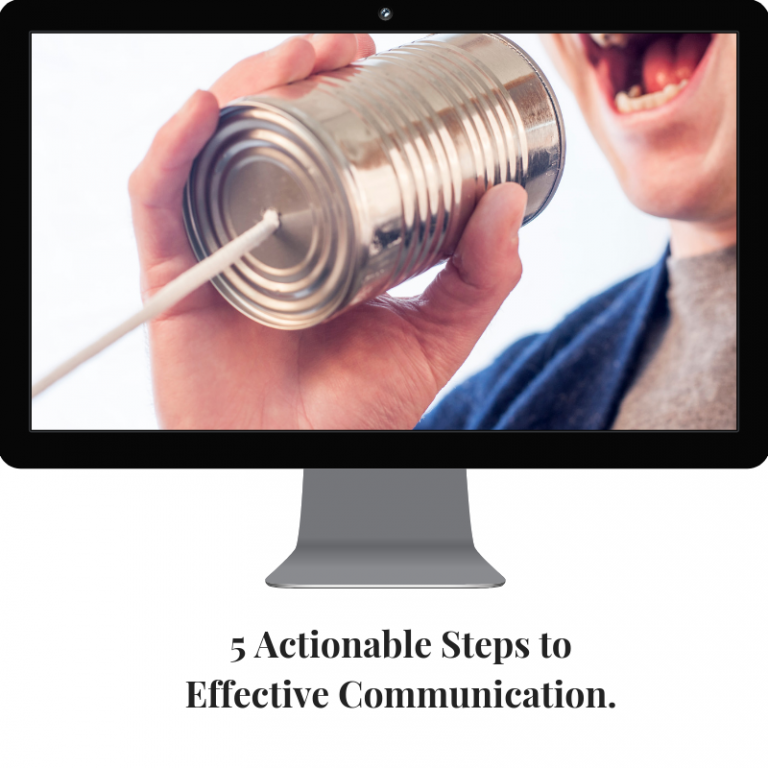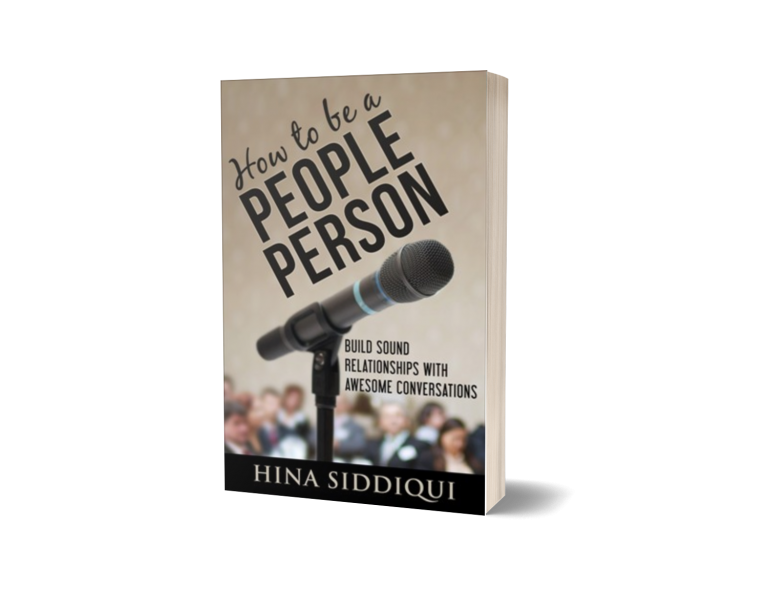We read a lot about the importance of great communication and most of us, especially in the professional world, strive to improve our communication skills.
Conversation is a form of interactive and spontaneous communication and a Good Conversationalist builds great relationships, we all agree.
Oftentimes our conversations go off track and end up being useless that leads to Arguments, Disputes, & Bitter Relationships.
This page contains affiliate links. Please view my full disclosure here.

Be a Good Conversationalist
This world produces plenty of people who lack the good conversational ability that expresses opinions, but does not offend or turn off relationships.
A good conversationalist can discuss any topic in an open, inviting manner that gets the message across is a positive fashion.
Unfortunately, even those with the best of intentions can ruin great relationships when they say things that easily get misinterpreted.
The good news is that there are ways to carry a civil conversation even on polarizing topics if you know how to focus your words so they carry your intent.
While the easy answer is to avoid discussing any topic that stirs up controversy, that is not always possible nor is it healthy to do at times.
Here are a few tips on how to avoid getting into useless conversations that lead to arguments, disputes, and even the breaking of relationships.
Use Positive Words
Always be positive in your approach and thinking so that your words carry the meaning that reflects how you want them to be received.
By staying positive, you avoid the arguments or disputes that otherwise might arise if you were to use negative words.
Phrase Controversial Points in the Form of Questions
A question is open to being answered, rather than disputed.
When you state strong opinions, do so in the form of a question.
For example, if you voted for candidate X who might be controversial. State your reasons simply, directly, but end with a question such as:
“Did candidate Y address the concerns that I have stated?”.
By using questions, you open the floor to responses.
Speak from Your Perspective
Perhaps the easiest way to keep the conversation civil and productive is to speak from your perspective.
If someone has said or done something that you find inappropriate, do not lash out at them.
Instead, state how their words or actions affected you.
Using phrases that begin with:
“I felt slighted when you said …” takes the onus off them and puts it on you.
Put in Pre-Set Limits
If you are going to discuss topics that are controversial, state beforehand the areas that you do not want to discuss or can agree-to-disagree.
This takes at least some of the tension away from the conversations and instead focuses them on the areas where you want to have a positive discussion.
Be careful not to bring up the areas you have said were off-limits to avoid any unnecessary confusion or aggravation.
Listen
Nothing is more important than listening to those who disagree.
Consider what they have stated and understand that even when you do not agree with their point of view.
The cornerstone of healthy conversation is the ability to listen, acknowledge, and incorporate what the other person says so that it removes any perception of hostility.
A good conversationalist can steer virtually any discussion into a positive experience.
It takes a little practice, but the results are well worth the effort in keeping great relationships intact.
By working on your conversational ability, you can have healthy, productive discussions face-to-face or on the internet. This means avoiding useless conversations which brings down everyone involved.


11 replies to "How to Avoid Getting into Useless Discussions"
More people need to learn the listening skill in this current era. So often, people listen only long enough to start talking and getting their point across. But truly listening to someone is trying to understand his/her perspective. Thanks for the article.
Paige Bainbridge
paigebainbridge.com
Absolutley. We all deeply need to be listened to uninterruptedly, and non judgmentally.
This is fantastic advice. I’ve been growing and learning a lot about this. I came from a very argumentative family and my father resorts to insults and put downs. I’ve been learning to step back, use empathy, to listen, and like you say, frame it with questions. Put the ball in their court. This is a classic negotiation technique as well. Super advice, thank you for sharing.
I am glad that you found value in this article, Rach. Thank you so much.
Useless discussions are like a plague! I try my best to avoid them altogether since neither person ever benefits. Great tips!
You’re right, Krissy. They indeed are like plague, and no one ever gains anything meaningful.
This was super helpful! I often find myself in awful political conversations with people and I feel so trapped in the conversation when it turns into a big heated argument.
Thank you for sharing your precious thoughts here. Kimmy.
I LOVE your point of a question being open for suggestion rather than disputed. So true! I think if we approached more things this way we could talk constructively. Thanks for the article.
Thanks for your kind words, Denise.
Everyone could learn to listen better! And be present throughout the entire conversation. Being a good conversationalist is definitely a skill I need to work on.